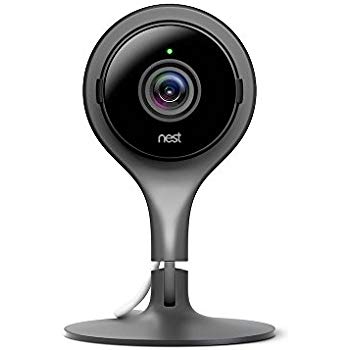The court equated the communication to a video or message by text or email.
On January 18, 2021, the Superior Court of New Jersey, Appellate Division, decided State of New Jersey v. E.J.H., holding that comments and lewd gestures via a “Nest” security camera directed at the holder of a restraining order by the person restrained from contact violates the restraining order.
In E.J.H., EJH’s wife held a temporary restraining order (“TRO”) against EJH prohibiting any contact or communication by EJH towards his wife. The TRO also required EJH to always have the Nest camera on during visitation with the children. During a visitation, EJH investigated the camera, made a statement directed at his wife, and then made a lewd gesture towards the camera.
The trial judge rejected EJH’s plea agreement finding the factual basis (admission of facts constituting a crime) to be inadequate because the TRO did not put EJH on notice that he could not gesture, curse, or yell into the camera in his own house. The judge distinguished EJH’s behavior from sending a text message, letter or showing up at her house because the camera made it as if the wife was in EJH’s house, which is what she agreed to and where EJH should still have the freedom of speech.
The Appellate Division disagreed with the trial court and EJH’s criminal defense lawyer when it concluded that the TRO prohibited any means of electronic communication and EJH was aware of the high probability his wife would hear his comments and see his gesture. The court equated the communication to a video or message by text or email.

We learn from this case that the law is constantly evolving, and not always in such a clear trajectory. The law struggles to keep up with technology and the new circumstances and means that technology creates. Creative legal arguments from creative defense lawyers, aggressive arguments from prosecutors, and interpretations of laws and facts from judges evaluating those arguments may be unpredictable. For instance, here, the criminal defense lawyer and the prosecutor agreed, but the trial judge did not. Ultimately, the appellate judges agreed with the lawyers. Even when the parties to a case think an issue is resolved, which is a difficult state to achieve, there is no guarantee when a judge or jury is involved who may not agree.
The best way to protect yourself or your loved ones is with a criminal defense lawyer who can craft helpful arguments, support them with law and fact, and who will be diligent in pursuing motions and appeals, when necessary.

Join the conversation!